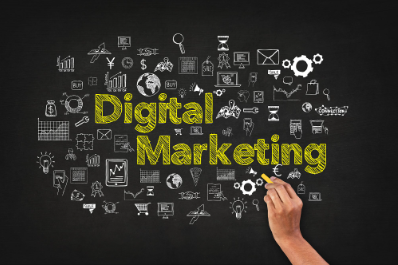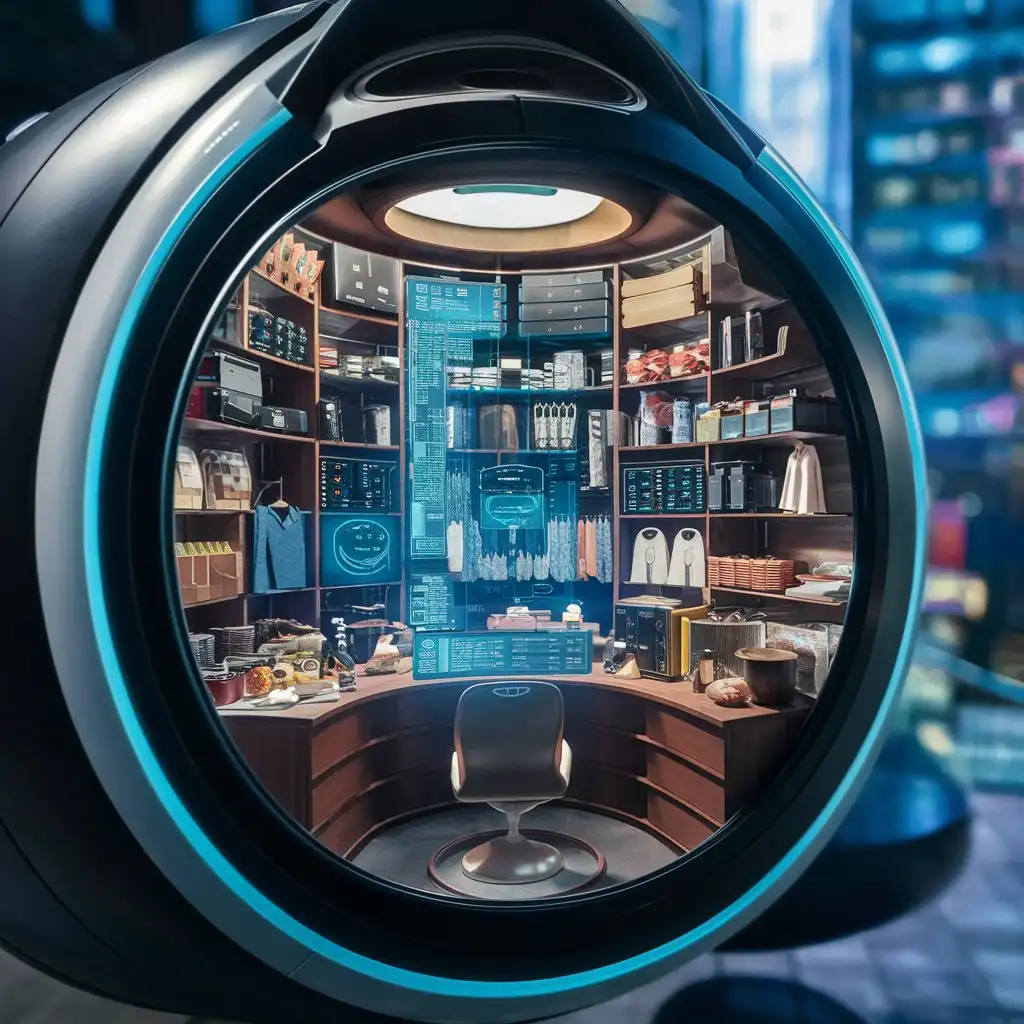Service (SaaS) is at the heart of hospitality’s journey to getting digital. Hotels, travel agencies, and tourism businesses are now turning to cloud-based solutions to modernize operations and reimagine guest satisfaction with smoother experiences.
Although the initial cost of developing a SaaS platform might seem quite substantial, hotels still invest in replacing traditional software with scalable, subscription-based cloud tools. All because of their potential to boost long-term efficiency!
With SaaS operations, you can automate essential tasks, easily integrate new services, and reduce costs while maintaining flexibility — and that’s only the beginning!
Let’s explore the real value of cloud-based solutions with the most popular use cases.
What is SaaS and Why Do Hotels Go for It?
SaaS, or Software as a Service, is a cloud-based model where users can access software applications via the web rather than relying on local installations. This format eliminates the need for expensive IT infrastructure and provides instant data access from any device.
In the hospitality industry, SaaS solutions are used for managing reservations, optimizing pricing, personalizing guest services, and ensuring seamless operations across departments.
The SaaS market has grown rapidly, and the hospitality sector is no exception. As of 2025, it’s valued at over $250 billion, with the increasing reliance on cloud-based solutions to satisfy the constantly evolving needs of modern travelers.
Hotels and travel agencies are embracing custom software development for hospitality operations for several reasons:
- Cost efficiency. With a subscription-based model, businesses avoid large upfront costs, paying only for what they need.
- Scalability. As business operations expand, SaaS platforms can easily broaden their functionality to fit increased demand without major system overhauls.
- Automation. Anything from bookings to guest communications and housekeeping assignments can be automated, freeing up staff for more personalized services.
- Data security. Cloud-based systems implement high-level encryption and compliance measures to protect confidential customer information.
- Seamless integrations. SaaS solutions connect with other platforms, from payment gateways to marketing tools, creating a cohesive ecosystem.
7 SaaS Use Cases in Hospitality and Tourism
Hospitality SaaS platforms offer a variety of functionalities, transforming daily operations for hotels and travel agencies. Here are some of the most impactful applications that change hospitality for the better.
1. Centralized Booking and Occupancy Management
Modern booking platforms integrate with hotel websites and online travel agencies (OTAs) to provide real-time updates on room availability. This prevents overbooking and ensures a seamless reservation experience for guests. Automated booking confirmations and cancellations help reduce human errors, improving productivity at the same time.
2. Personalized Guest Experience with CRM Systems
Customer Relationship Management (CRM) software helps hotels store and analyze guest preferences, enabling personalized experiences. Whether it’s preferred room settings, special requests, or tailored activity recommendations, CRM-driven SaaS tools make hospitality more customer-centric.
3. Smart Pricing and Revenue Management
Dynamic pricing tools analyze market trends, competitor rates, and booking patterns to optimize room pricing in no time. This will help you maximize revenue by adjusting rates based on demand, seasonality, and guest behavior.
4. Streamlining Housekeeping Operations
Housekeeping staff can receive live notifications on their mobile devices regarding room cleaning schedules, urgent maintenance needs, and special guest requests. This way, you can be sure that rooms are always cleaned on time, thus improving service quality.
5. Travel Itinerary and Experience Planning
Travel agencies also use SaaS solutions for customized itineraries, combining flights, hotels, activities, and car rentals in one seamless plan. Such tools provide travelers with detailed schedules and recommendations, which enhances their trip experience as a result.
6. Property and Inventory Management
Large hotels and resorts use SaaS-driven property management systems (PMS) to track stock levels of linens, toiletries, and food supplies. Designed to automate reordering processes, such systems reduce waste and keep essential supplies always available.
7. Guest Feedback and Reputation Management
Online reviews have a make-or-brake impact on your hotel’s name. SaaS-based reputation management tools collect and analyze guest feedback from multiple platforms, allowing hotels to address concerns promptly and improve service based on live insights.
Conclusion
Switching to SaaS makes hotel operations more practical and beneficial, helping businesses offer better guest experiences. From property management to booking systems, you can reduce manual work and make your workflows agile in response to changing demands.
With the power of automation and prompt data management, hotels can focus more on service instead of administrative processes.
With the right technology in place, you can be just one step away from taking your hotel or tourism brand to the next level — while keeping data secure and organized.







